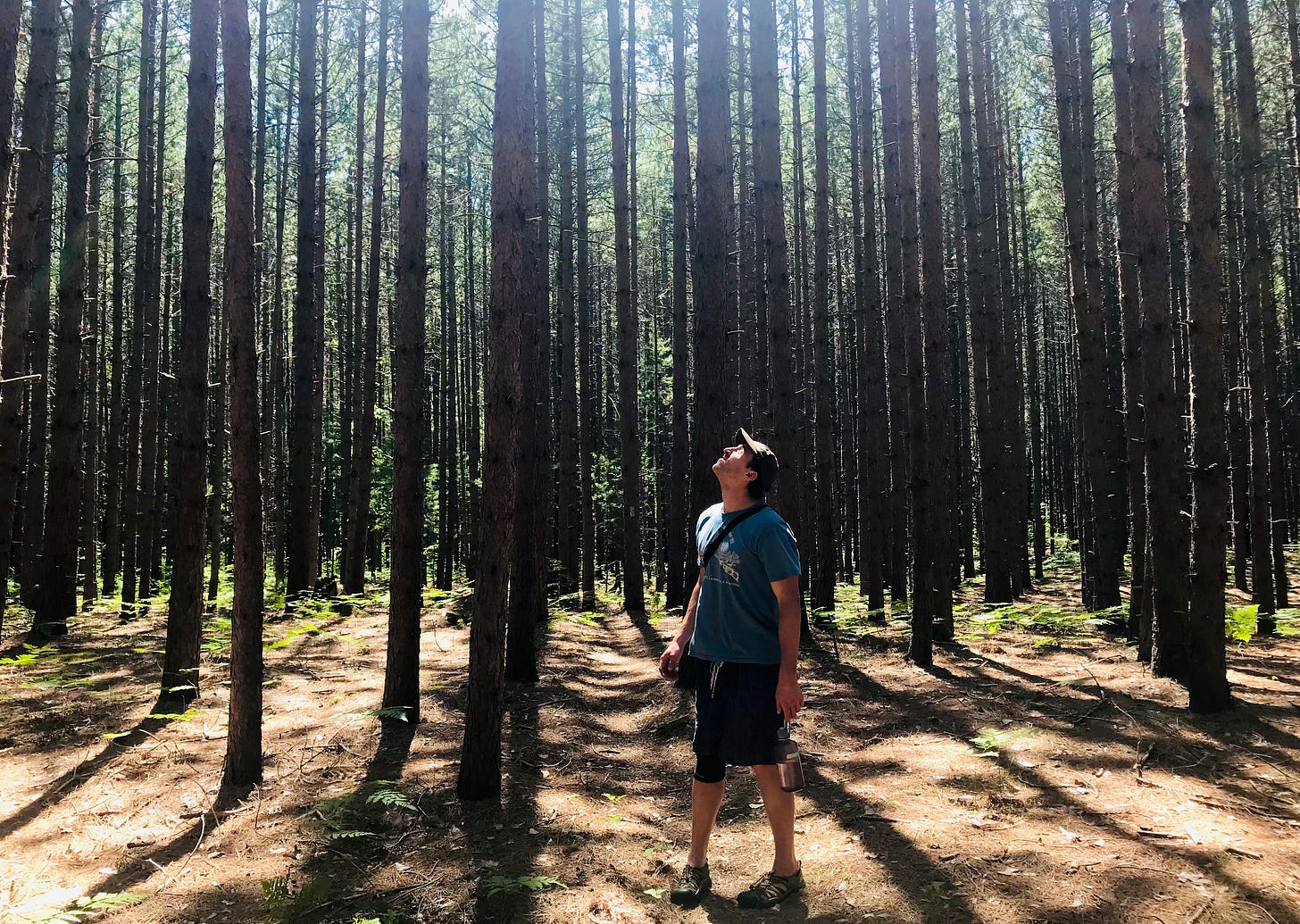You Don’t Win Democracy Like You Win a Campaign. You Sustain It Like You Cultivate a Forest.
You may feel exhausted. That's what authoritarians want. But here's what we can do.
By Trygve Olson
Everywhere I go right now, I hear the same thing:
“I’m exhausted.”
People who care about democracy — whether they’re knocking on doors, running for local office, organizing in their communities, or just paying attention — feel like they’re in a permanent crisis loop.
And in some way…





